The Swiss explorer who broke ground for women travel writers
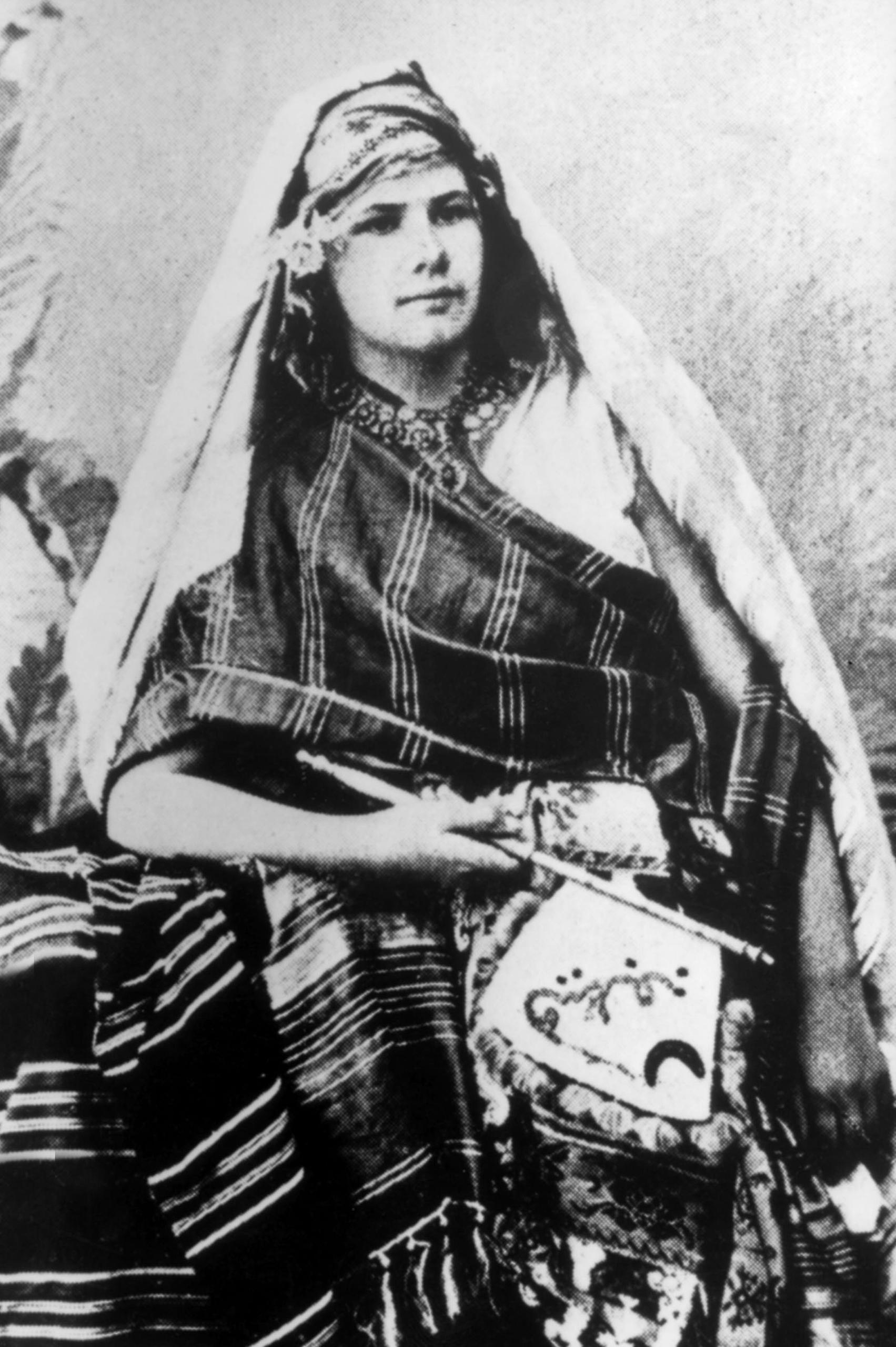
Explorer Isabelle Eberhardt paved the way for Swiss women to enter journalism and travel writing, but few know her story. An exhibit underway in Geneva aims to change that.
“With one eye, observe the outside world, with the other, look deep inside yourself.” That sentence penned by the Italian painter Amedeo Modigliani captures the essence of Eberhardt, who signed her dispatches with a simple “I”.
That lone letter stands at the bottom of a love letter to her husband Slimène Ehni. She wrote to him in French, “I embrace you with all my heart that is yours…” then continued in Arabic: “… in this world and for eternity”.
The two languages that blend into each other in superb calligraphy reveal the rich cultural identity of this multilingual Swiss woman, born in 1877, who at the age of 20 left Geneva to settle in Algeria. She died there at 27, swept away in a river flood.
Dressed as a man
Eberhardt, a daring writer and adventurer, often dressed as a man. It was a choice that made her attractive, yet frightening, to her contemporaries. This was a woman thirsty for life at the crossroads of Western and Eastern civilisations.
Fittingly, the exhibit on EberhardtExternal link at the House of Rousseau and Literature in Geneva is titled “From one to the other”.
Karelle Ménine, curator of the exhibition, says she had to fight for a long time to be able to organise it. Eberhardt had simply been forgotten, unlike Ella Maillart and Anne-Marie Schwarzenbach, for whom she paved the way.
The curator points out that when Eberhardt lived, women’s literature was not widely recognised or distributed.
She adds that “Isabelle, having left Geneva at a very young age, did not have time to make friends in Switzerland who would have defended her and made her work known after her death”.
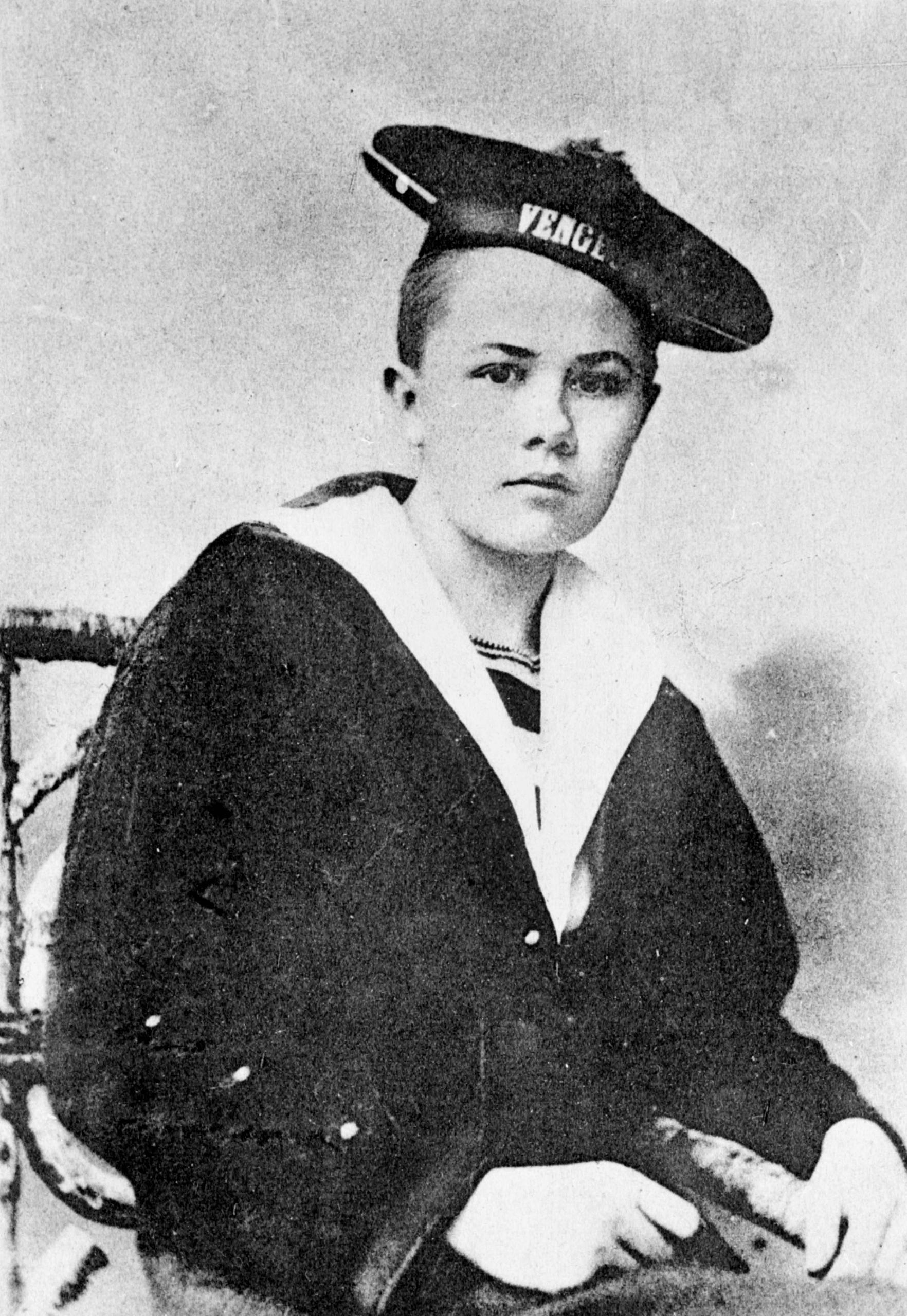
Anarchy’s influence
Eberhardt’s craft reflects her childhood in Geneva. Born in an anarchist environment, she was educated by a Russian tutor of Armenian origin, supposedly her father. Officially, she is the illegitimate child of Nathalie Eberhardt, a Muscovite pensioner who fled tsarist Russia to Geneva. The author grew up in an environment open to the winds of history, hungry for knowledge and rebellious in the face of any form of authority. The Geneva police closely observed these anarchists, including Eberhardt.
Was it to escape stifling Geneva that the author chose the fresh air of the Algerian desert? Maybe. There, in any case, Eberhardt found an environment compatible with her spirit, and adopted Sufism.
“What she liked about this religion is its humanistic philosophy. She was herself in search of brotherhood. In the desert, she was looking for an authenticity of life, the opposite of what industrial and individualistic Europe was, even then,” Ménine says.
Manuscripts saved from the waters
Novels such as Trimardeur, travel dispatches from Algeria’s southern Oran region, short stories, reports, and love letters make up the collection of Eberhardt’s complete opus compiled by Parisian publisher Grasset. In the Geneva exhibit, one of her short stories called “Hours of Tunis” can be read in electronic form. The manuscripts are on loan from France’s national archives for overseas territories.
“Thanks to Lyautey [who later became general of the French armies in Algeria], some manuscripts were saved from the waters following the flood. Isabelle was wearing them on her,” says Ménine. The general knew Eberhardt personally and sent a team of researchers to investigate her death, the curator explains.
During her stay in Algeria, Eberhardt wrote numerous stories, published in a French-speaking Algerian newspaper run at the time by a Victor Barrucand, a Frenchman. Barrucand censored some of her stories, which Ménine says was “too bad, because she had real style!”
Translated from French by Dominique Soguel.

In compliance with the JTI standards
More: SWI swissinfo.ch certified by the Journalism Trust Initiative
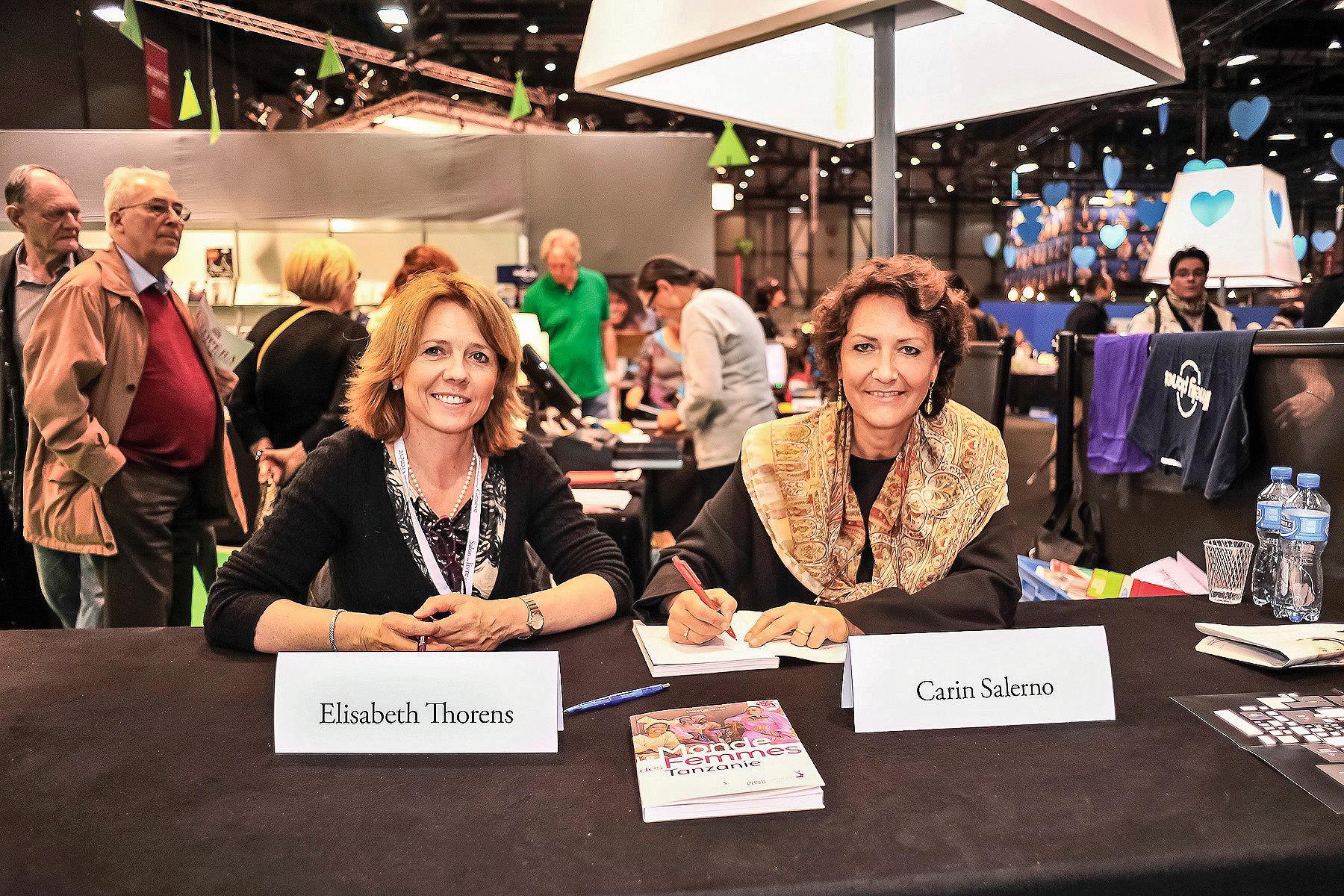
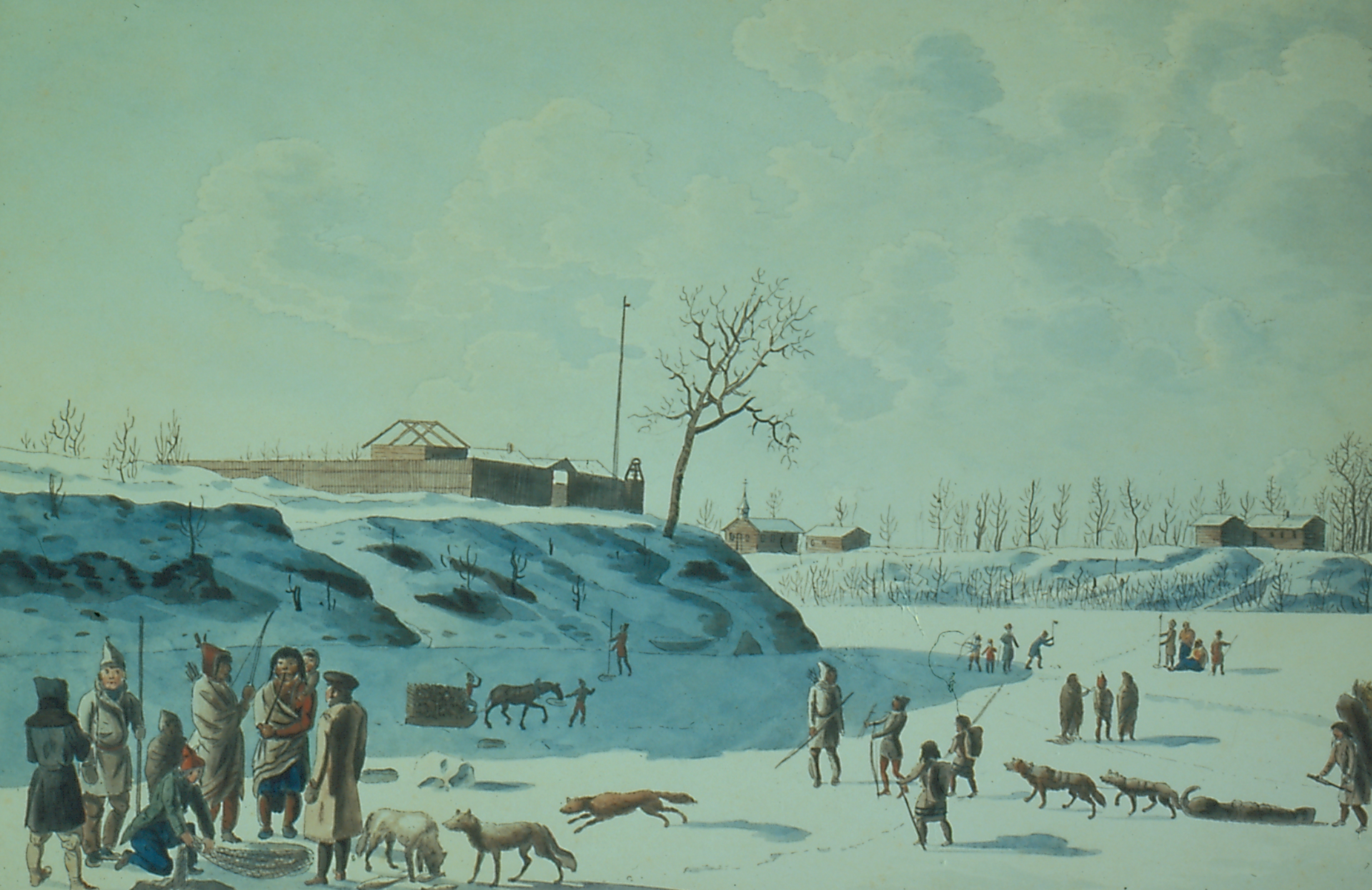
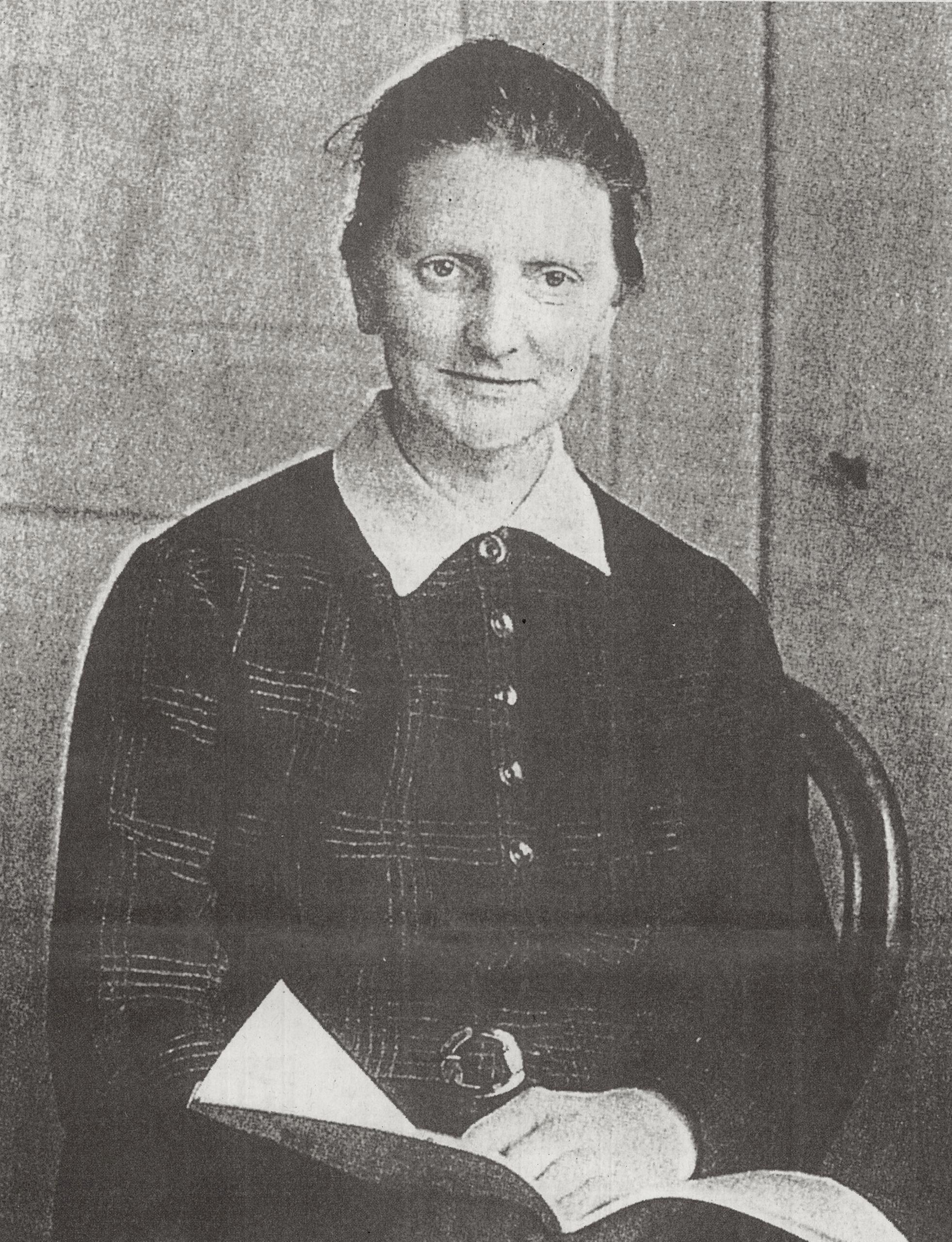
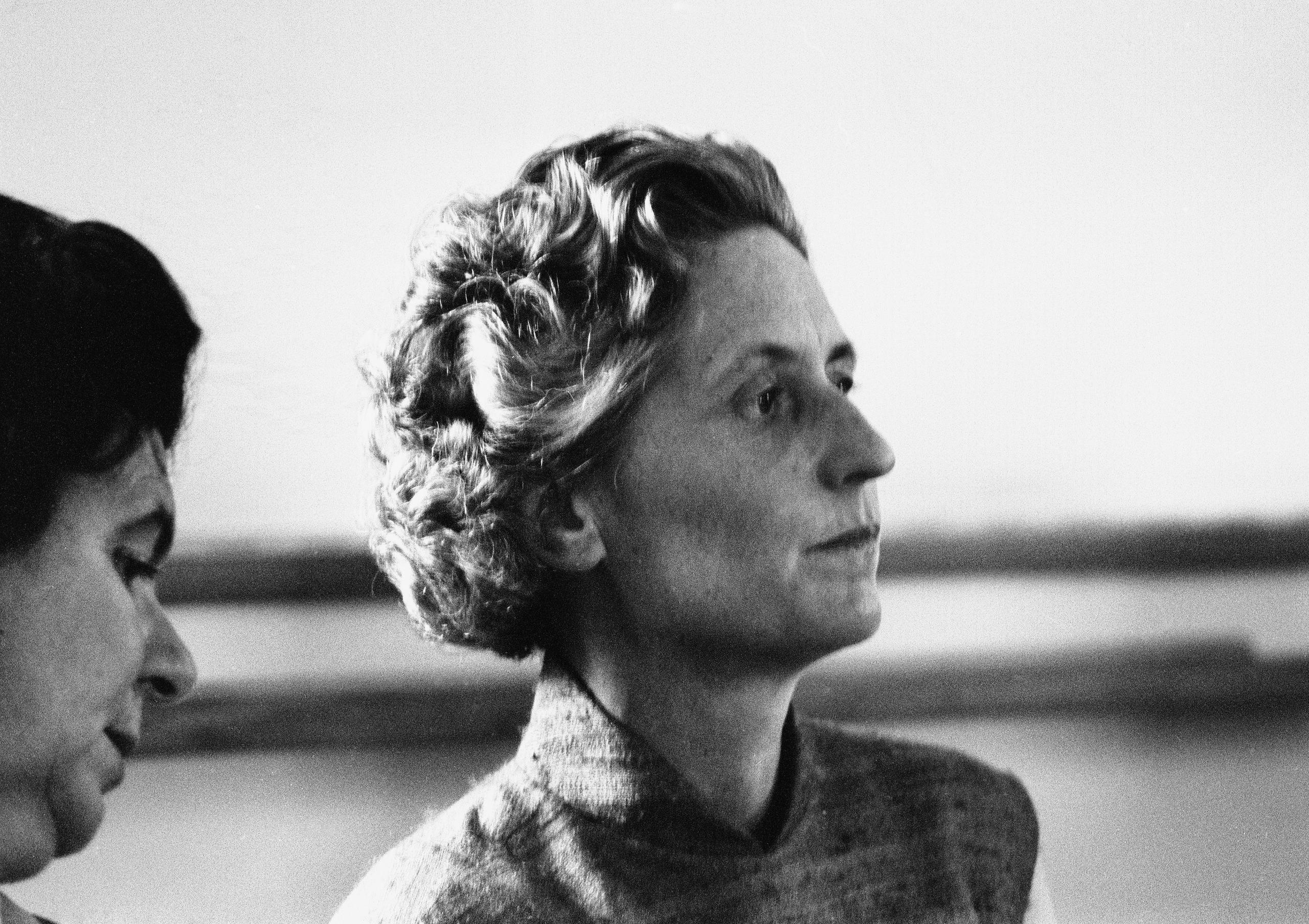
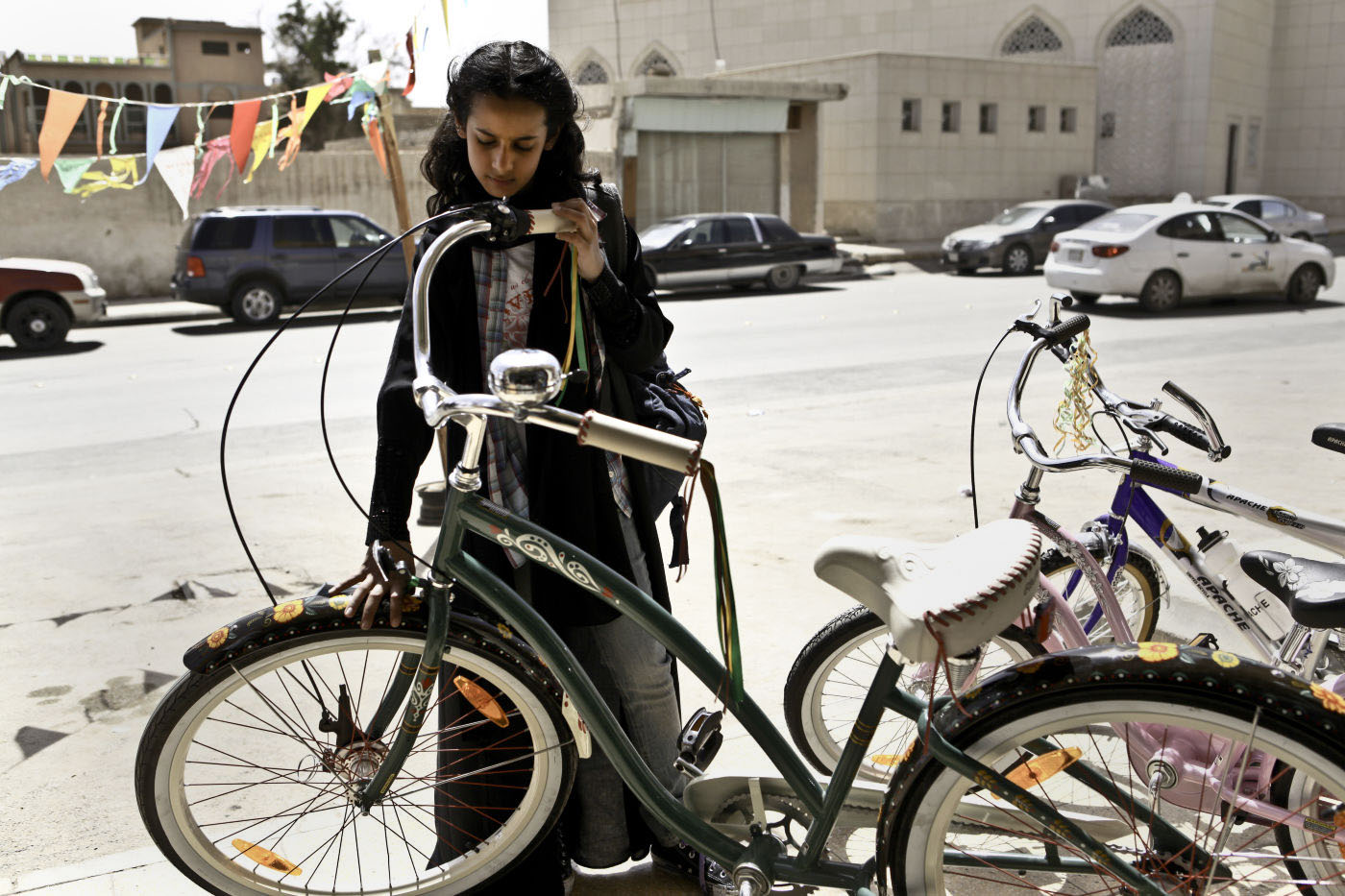
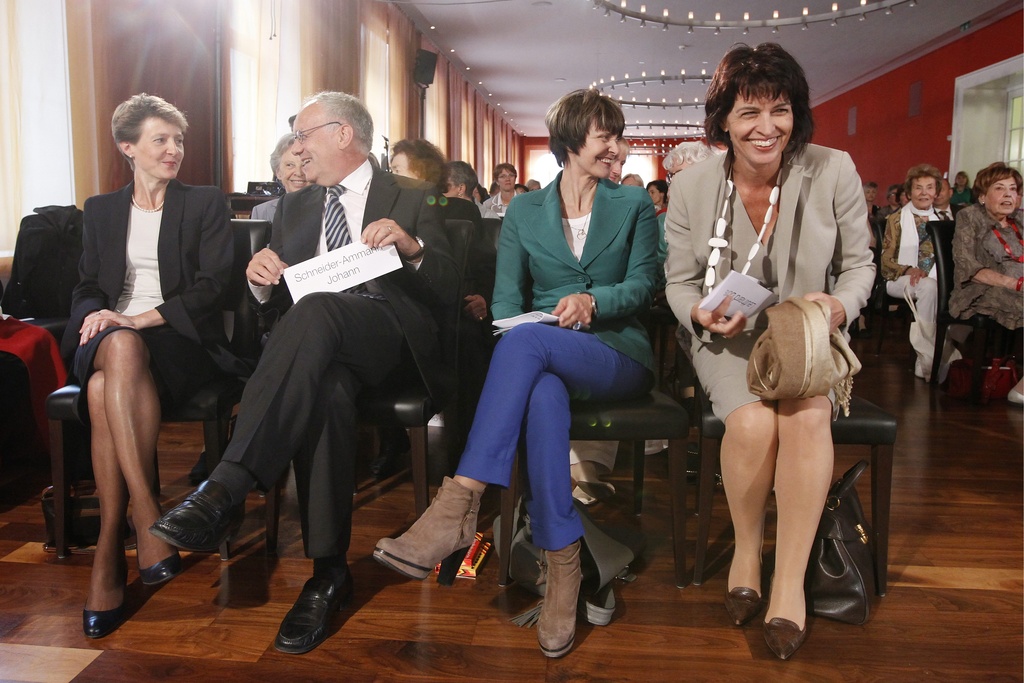
You can find an overview of ongoing debates with our journalists here. Please join us!
If you want to start a conversation about a topic raised in this article or want to report factual errors, email us at english@swissinfo.ch.